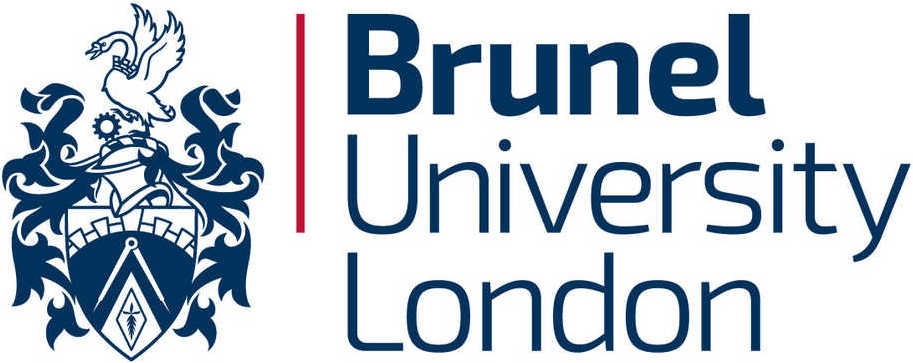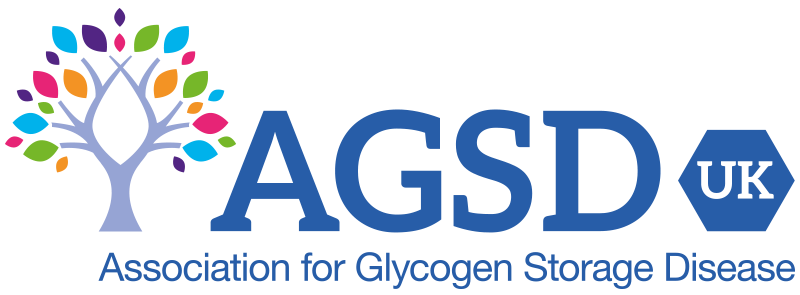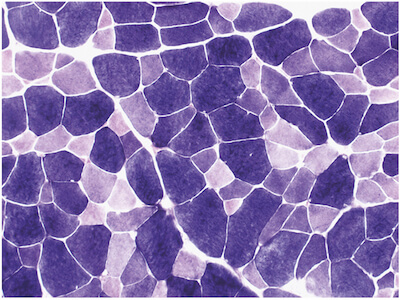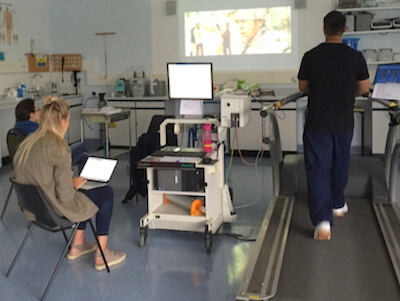There has been a lot of research into McArdle’s considering the numbers affected, and now is an exciting time for further developments. Maybe you can help.
Studies of all sizes supported by AGSD-UK
AGSD-UK supported research studies
AGSD-UK has supported many research projects over the years, mainly through the UK McArdle Clinic and universities in the UK, but increasingly on an international basis through the Euromac consortium.
Our involvement can include: providing the patient perspective to study design, contributing to funding, raising awareness of the study, and helping to recruit patients.
Opposite is a summary of past studies that we have been involved with.
Smaller studies also supported
Other studies supported by AGSD-UK over the years at the McArdle Clinic and at Brunel University have included:
- Randomised double blind cross-over trial of vitamin B6 supplementation.
- Assessment of McArdle disease using a 12 minute shuttle test incorporating ratings of perceived pain.
- Analysis of urine from McArdle patients for organic amines, utilising an advanced olfactory sensor.
- Brain MRS studies in McArdle disease.
- Clinical trial of Creatine supplementation.
- A natural history study of the first 45 confirmed diagnosis patients at the clinic.
- Evaluation of a rowing ergometry test for assessment of VO2 peak in McArdle’s Disease.
- Differentiation of McArdle pain and Delayed Onset Muscle Soreness.
- Evaluation of the 12 Minute Walk Test (12MWT) on corridor shuttle versus treadmill.
Non-McArdle’s muscle shown in a muscle biopsy.

Pilot study to explore treatment with Sodium Valproate, 2013–2018
This was the first ever ‘safety and effectiveness’ trial of a drug in McArdle Disease. It was sponsored by University College London with funding from Muscular Dystrophy UK and AGSD-UK. A two-centre study between London and Copenhagen, it was a pilot phase II clinical trial to determine whether treatment with sodium valproate can cause expression of the brain isoform of glycogen phosphorylase in skeletal muscle. This would compensate for the inability to produce the muscle isoform of glycogen phosphorylase.
Results have yet to be published, but initial reports are that there was no benefit and no sign of the enzyme in muscle biopsies. Further trials in this area are discouraged. It is possible that other neurotoxic agents might be investigated.
On a trial in Brunel University’s exercise lab – watching TV to avoid the boredom!

Metabolic processes in McArdle Disease, 2017
Also known as the “Third Wind” sudy, conducted by Brunel University with the McArdle Clinic. It was an exploration of the metabolic processes in prolonged exercise in people with McArdle Disease. Interesting results, further study planned.

Cognitive Function in McArdle Disease, 2010
Carried out by Keele University, funded by the Institute of Orthopaedics, Oswestry, and AGSD-UK to explore cognitive function in McArdle patients, focused on decision-making, reasoning and social activities. Driven by the prediction that abnormal accumulation of glycogen in the centrum semiovale would impair these cognitions compared to nonGSD neuromuscular patients and healthy volunteers.
Key findings
- Compared to the healthy controls, the GSD5 showed significant impairments on tests of strategic memory (source misattribution), and in social skills, attention switching and imagination.
- There were NO significant differences between the GSD5 and patient controls, however the GSD5 mean scores were consistently poorer than the control patients.
So far it has not been possible to secure funding for further work, but it is an on going area of interest.
Psychological processes in McArdle disease, 2007
Dr Ros Quinlivan and Dr Nicky Edelstyn completed a small study looking at psychological musculoskeletal conditions, such as central core myopathy and limb-girdle muscular dystrophy. The aim was to investigate whether McArdle disease patients process information differently to control patients. No differences emerged between the patient groups on tests of reaction time, attention, learning and memory pictures. However, the McArdle patients performed less well on the phonetic fluency and delayed memory tasks. This pilot data implies that McArdle disease may be marked by an alteration in executive processes and a subtle change in delayed memory.

Model Systems for Developing Therapies for McArdle Disease, 2006
This was a pathfinder research aimed at finding novel approaches to therapies. Based at the Wolfson Centre for Inherited Neuromuscular Disease (CIND) at the Robert Jones and Agnes Hunt Orthopaedic Hospital, Oswestry. The main aim was to create tissue culture cell models with the R50X mutation (the mutation present in approx 85% of UK McArdle patients). The project planned to use the model for testing various treatments designed to efficiently correct the mutation. AGSD-UK supported the research with a substantial grant.


